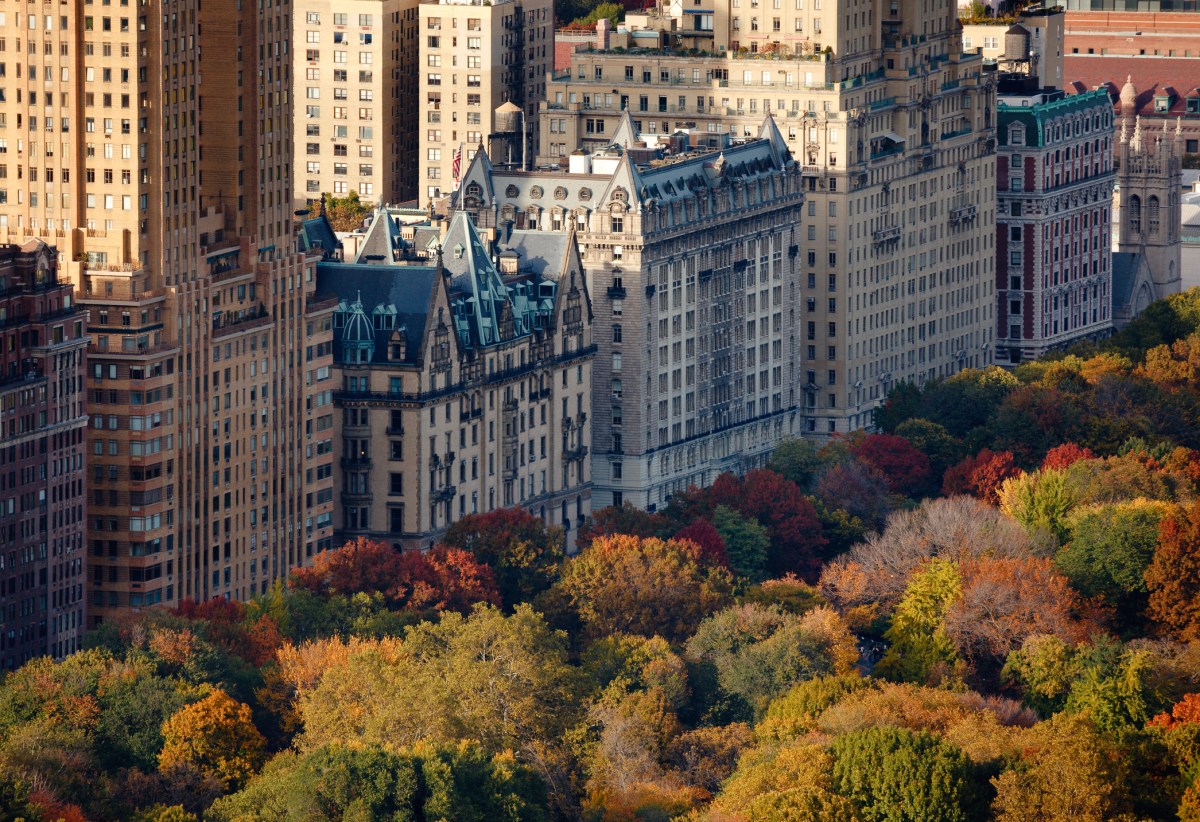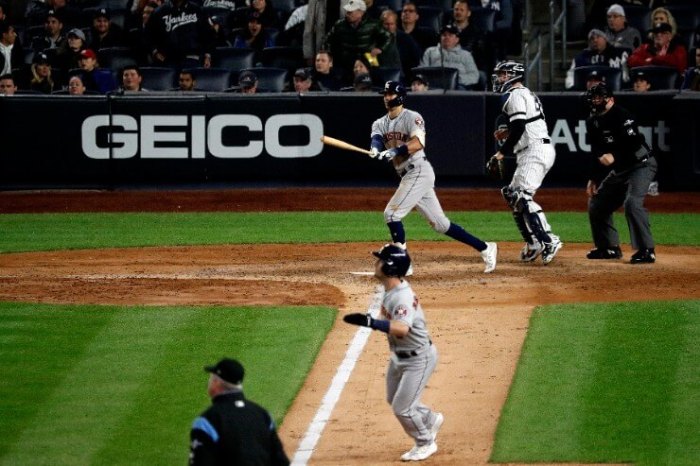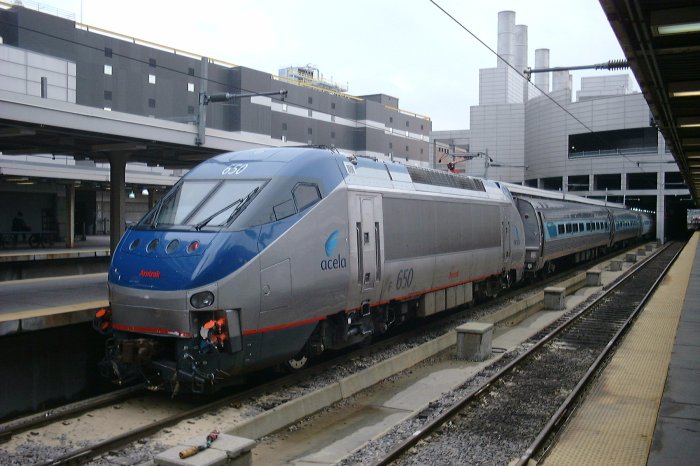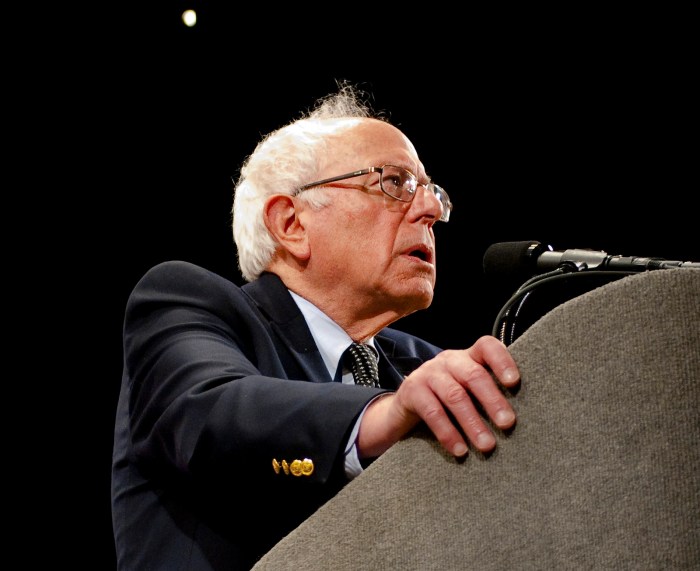Boston Latin School found itself in the national spotlight this week when U.S. Attorney Carmen Ortiz announced Wednesday a federal investigation into allegations of racism, after students mounted a campaign to call attention to their complaints. But while one youth-spurred conversation about race in the city continued, another one led by young leaders was also taking shape.
Teens and young people from around the state are holding a “Dialogue on Race” Thursday night at Emerson’s Bill Bordy Theater as part of an ongoing effort to shine a spotlight on the issue. The talk is sponsored by the Center for Teen Empowerment and an amalgam of schools and nonprofits, but organized by Boston-area 14- to 21-year-olds. Though the event comes in the midst of controversy at BLS, the prominent city exam school, there is lots more to talk about, its youth organizers told Metro before the big night.
“Were just trying to bring awareness to race, really, and racism that is still alive and real,” said Alim Clemons, 20-year-old youth organizer, in an interview Thursday morning. “We’re going to have people touch issues about incarceration, health, jobs, education – basically life issues.” RELATED: Teenagers march through Boston for jobs
Clemons said the BLS conversation, touched off by students Kylie Webster-Cazeau and Meggie Noel, who in January launched the viral #BlackatBLS campaign ina widely shared YouTube video, came as no surprise to him. He remembers hearing stories about racist incidents from his sister, a former BLS student.
Outside Boston, friends involved in the METCO program – which buses groups of inner city students to learn in suburban districts – told him they also experienced discrimination from white peers. Part of the discussion Thursday, young people from the city and those from the suburbs will be put together in groups to discuss their various views on race, he said.
He said he’s glad the BLS controversy has brought race to the forefront, and said the school will likely be a part of the meeting’s conversations.
“If you have an issue, if people just try to put that issue on the backburner all the time, you’re never going to solve that issue at the end of the day,” he said. “We’re just trying to make everybody part of the solution.” RELATED: The Roxbury Youth Orchestra needs your help While BLS is making headlines the disparity between urban and suburban schools should also be explored, said another youth speaker for the event.
Meosha Jackson, 18, said she came to Boston Public Schools for second grade after starting her education in Malden. The difference between the two districts’ facilities and supplies, she said, has stayed with her. “We should have a better education system that offers urban youth, especially youth of color, the same respect that the youth of Malden, Arlington, Lexington and other places get, just by their birthright, basically,” she said. She, too, cheered the BLS teenagers who spoke out earlier this year.
“I’m proud of the students who were bold enough to stand up,” she said. “That takes courage to do.”
Students at BLS are probably not alone in being concerned about treatment due to their race, she said, although she said she didn’t have that experience as a student at Boston English.
RELATED: MIT protestors end sit-in after 116 days
But friends at BLS have shared stories with her about unequal treatment, she said – including one who embraced the #BlackatBLS movement. “She seemed relieved that someone else is talking about what she’s experienced,” Jackson said. “That’s why we’ve been so eager to have this meeting. So other people get to understand it’s real and it needs to stop.” An open dialogue, like what BLS is bringing, and what the youth organizers hope to offer with their Thursday night meeting, is what Boston needs right now, she said.
“It’s not even just in school. [Bostonians] kind of disregard the fact that racism still exists,” she said. “It’s not better, it’s just hidden better.”
As BLS controversy continues, Boston youth host race summit

Nicolaus Czarnecki/Metro


















